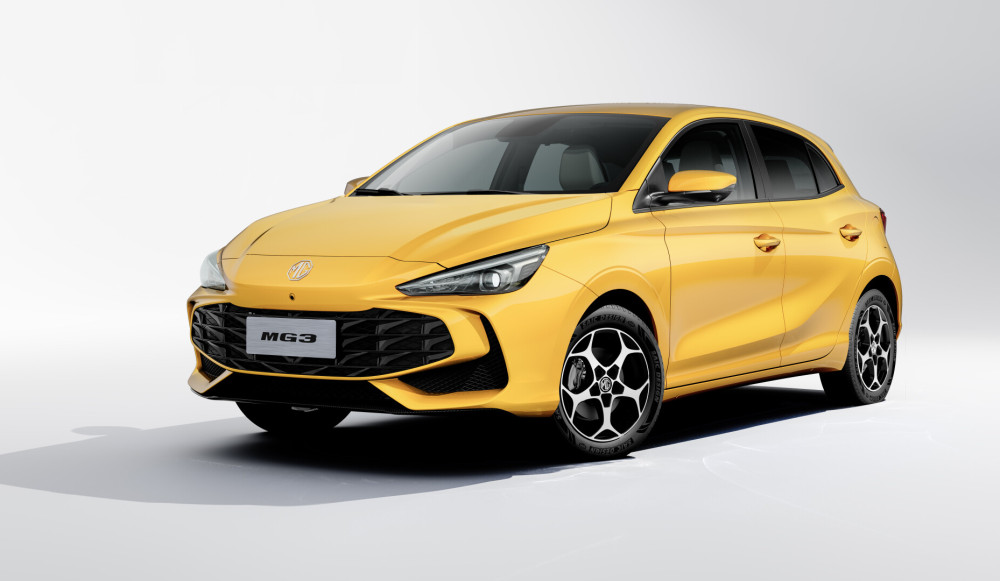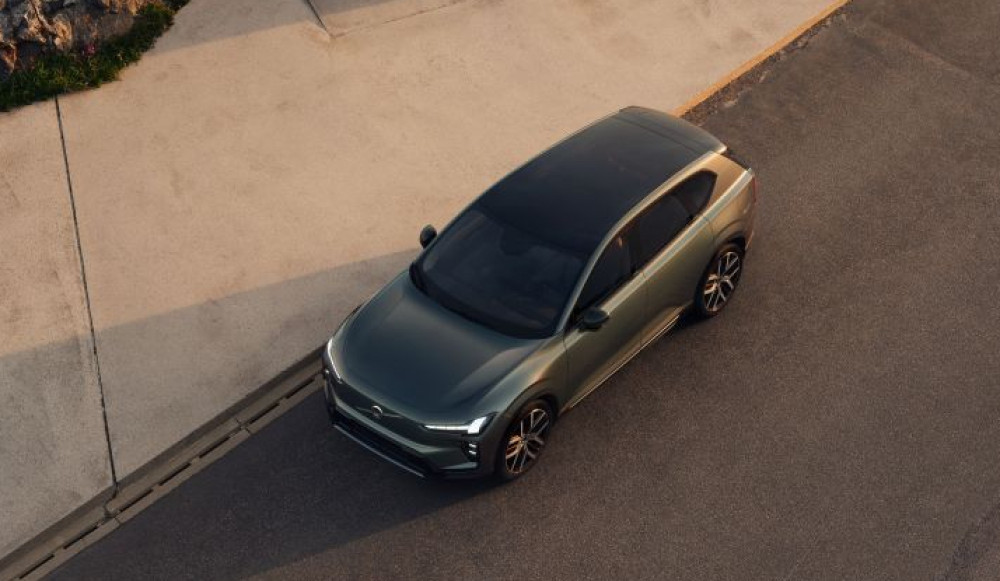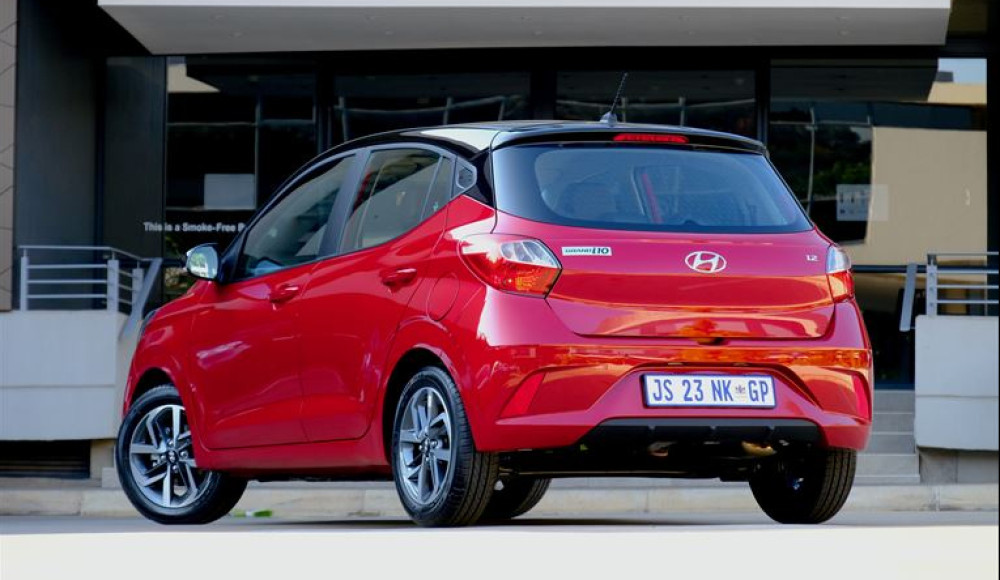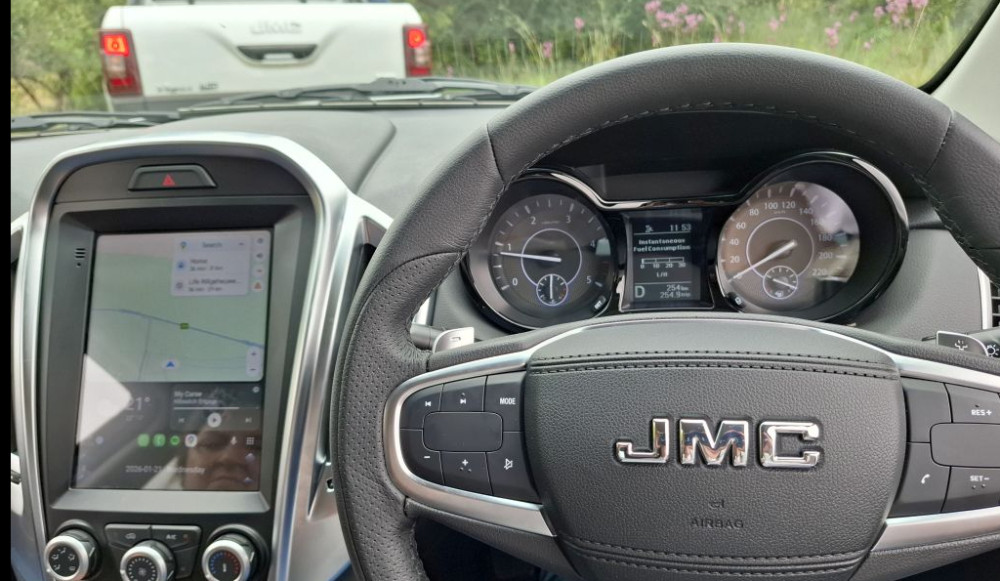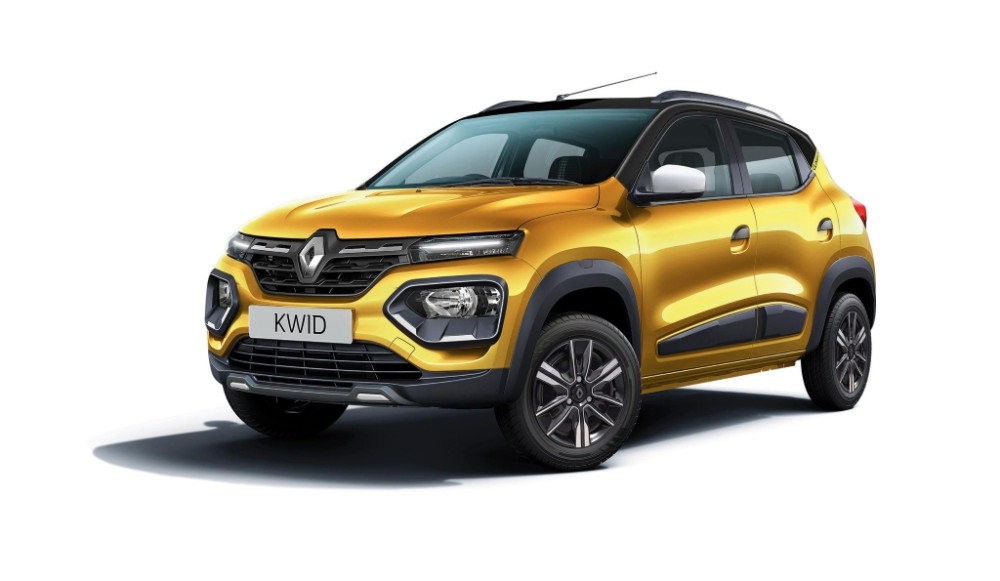South Africa has a restaurant table suspended below a floating balloon and now Hyundai is making a move in the UK market with the introduction of Backseat Bites—Britain’s first dedicated restaurant experience inside a car.
This isn’t your typical drive-thru. It’s a thoughtfully curated, premium dining experience, set right in the back seat of Hyundai’s latest electric city car, the INSTER. This launch doesn’t come out of nowhere. Recent surveys indicate a staggering 93% of Brits are on the lookout for new, exciting experiences and Hyundai is clearly aiming to meet this growing appetite for innovation.
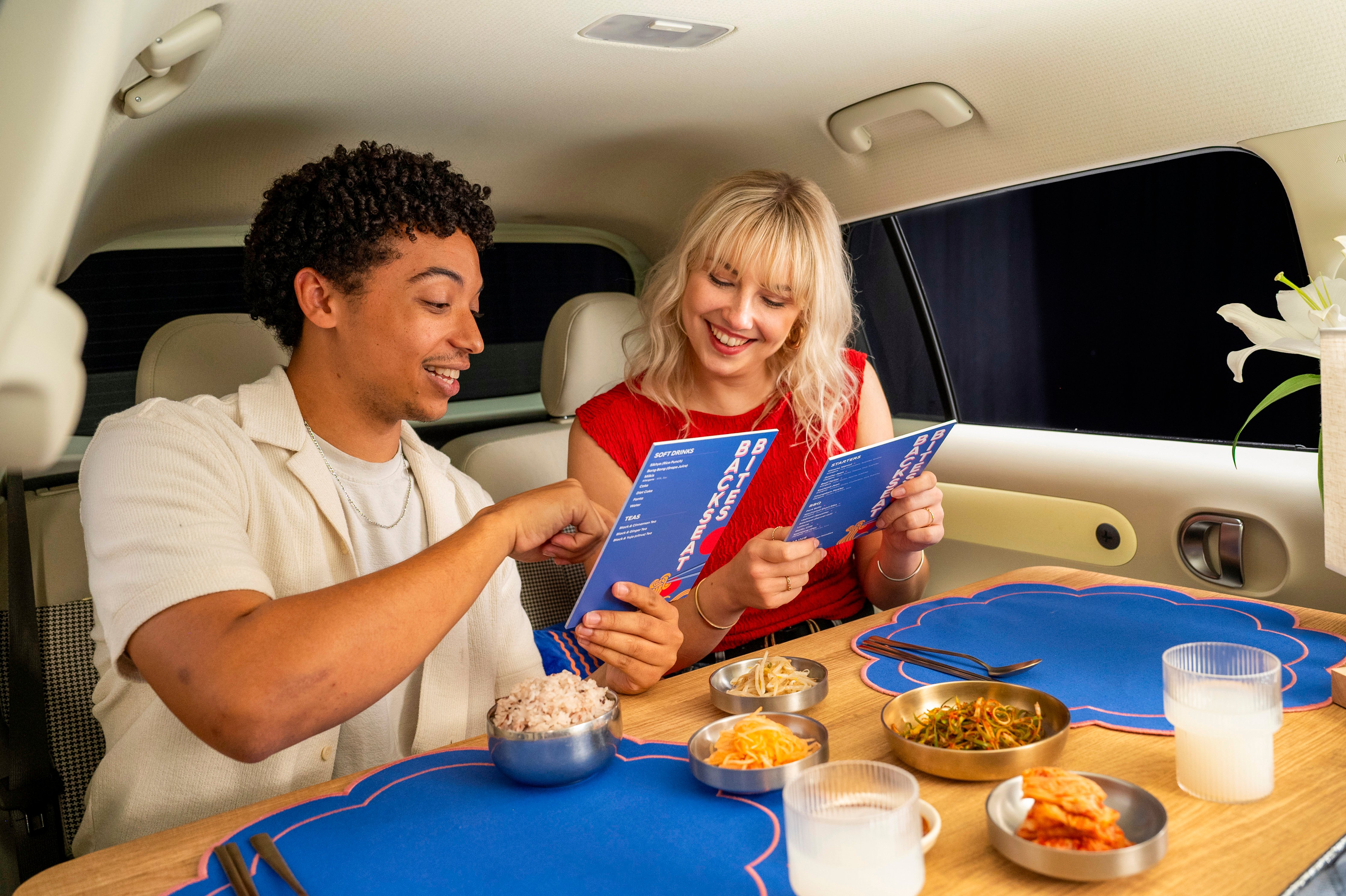
What’s particularly strategic about this move is the cultural inspiration behind it. Backseat Bites draws on South Korea’s ‘Honbap; phenomenon—essentially, the celebration of solo dining. In Korea, the solo lifestyle isn’t just accepted; it’s become aspirational.
The UK is following suit, with solo activities gaining real momentum. Nearly half of Brits have gone to the cinema alone, over half have traveled solo and two-thirds have dined out by themselves. These aren’t small numbers. The data reflects an evolving consumer mindset: people are increasingly valuing autonomy, flexibility, and self-fulfillment.
For brands paying attention, this is a wake-up call. The traditional focus on group experiences is shifting. Six in 10 Brits plan to try a solo activity in the coming months, and Gen Z is especially enthusiastic—74% plan to take the plunge. Although some consumers still voice concerns about the perception of being alone in public, the broader trend points to a normalisation—and even celebration—of solo ventures.
This is crucial for businesses in hospitality, leisure, and even automotive sectors. Providing offerings that cater to individuals, not just groups, is fast becoming a competitive advantage. Let’s not overlook the business intelligence in Hyundai’s approach.
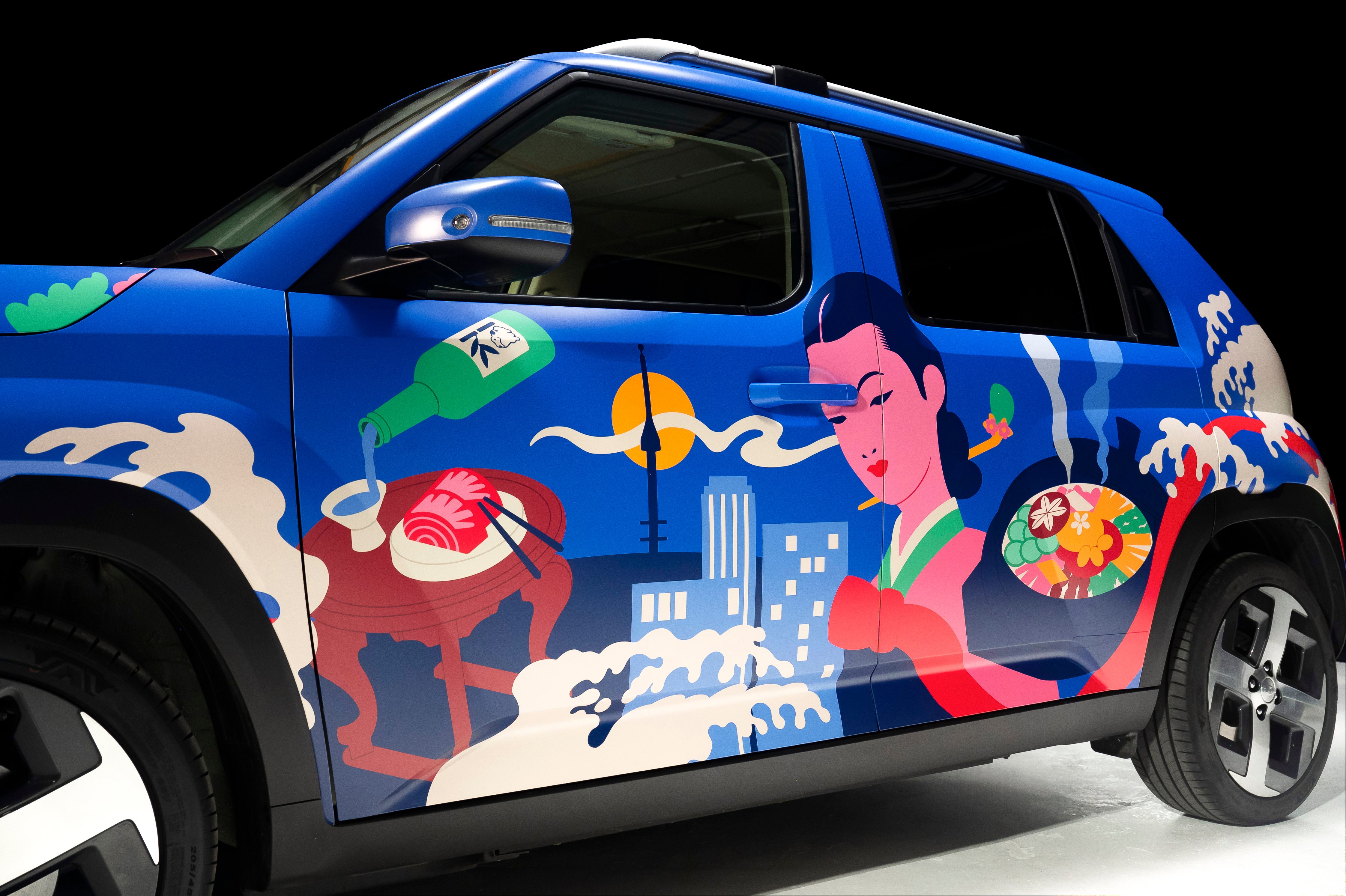
Its Backseat Bites experience is more than a quirky marketing stunt. By transforming the INSTER’s back seat into a private dining room—complete with bespoke Korean art and a menu crafted by Chung’Dam—they’re leveraging both product (the spacious, modular interior of their EV) and brand heritage (Korean culture) in a single, immersive package. This creates a unique value proposition: consumers can enjoy authentic Korean cuisine and culture in a private, comfortable and memorable setting.
The partnership with Chung’Dam and the inclusion of exclusive menu items (from Beef Tartar to Kimchi Noodles) elevate the offering. It’s not just about convenience; it’s about exclusivity and experience design. The collaboration with Yoy Han for custom street art adds an extra layer of authenticity and visual appeal—two factors that resonate strongly with younger, experience-driven consumers. From a business perspective, Hyundai’s initiative aligns perfectly with several macro trends: the rise of experiential marketing, the growing demand for personalisation, and the increasing importance of social media virality.
Solo dining and ‘self-date’ content is booming on TikTok and Instagram, providing organic amplification for concepts like Backseat Bites. This approach positions Hyundai not just as a car manufacturer, but as an innovative lifestyle brand—one that understands and anticipates the cultural zeitgeist. It’s also worth noting the flexibility of the concept.
While the core message celebrates solo consumers, the experience is open to couples and friends who want to try something different. This inclusivity broadens the addressable market without diluting the brand message.
Ashley Andrew, President of Hyundai and Genesis UK, summed it up well: “Backseat Bites is about more than food. It’s about adventure, discovery, and embracing Korean culture—right from the comfort of a next-generation EV. For Hyundai, this is an opportunity to differentiate their product in a crowded market and to create memorable touchpoints that drive loyalty and advocacy.”
Colin Windell for Colin-on-Cars in association with
proudly CHANGECARS


